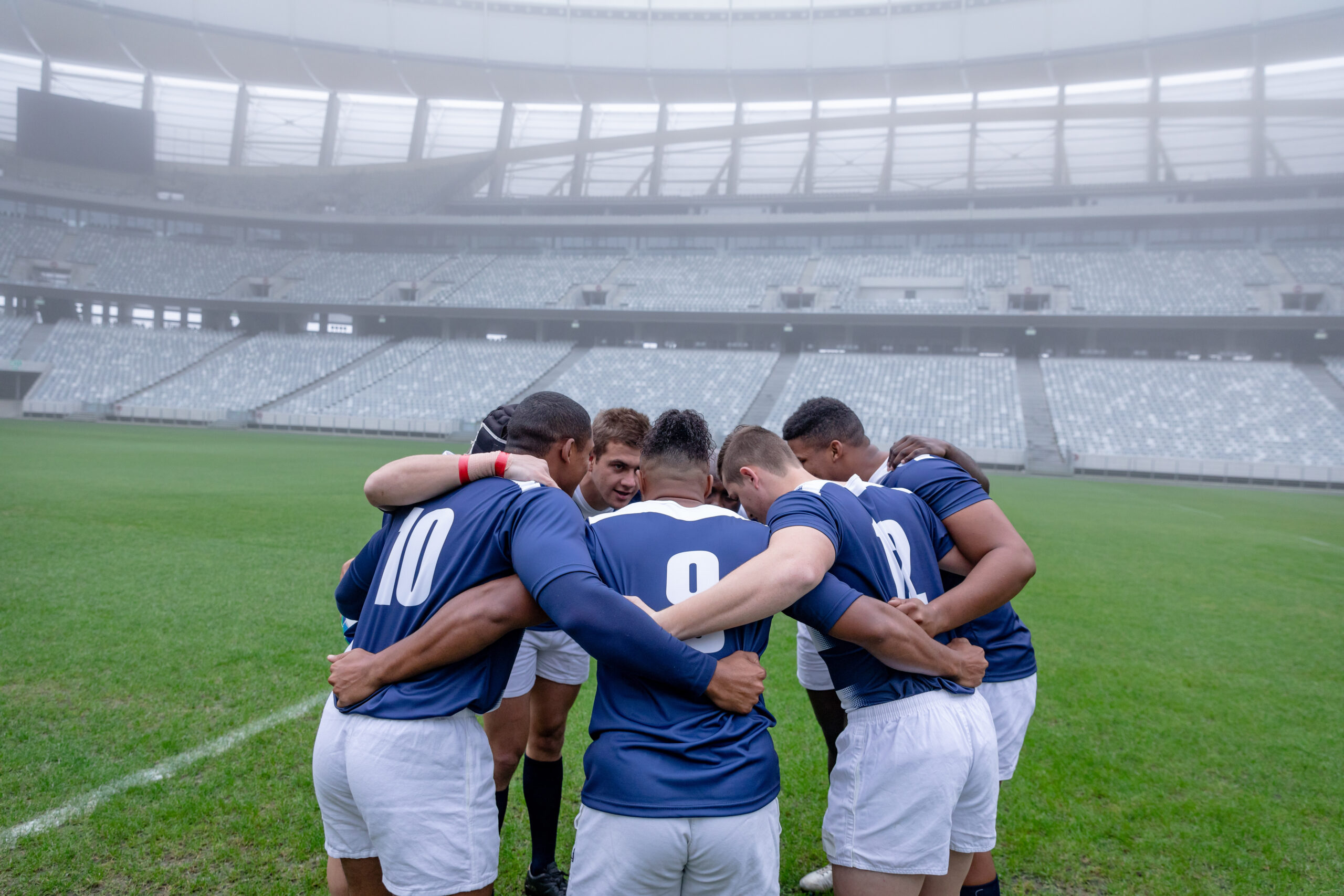In the world of sports, diversity plays a crucial role in creating a welcoming and respectful environment for all athletes. Embracing diversity not only promotes a sense of inclusivity but also enhances team dynamics and performance. As a coach or sports program leader, it is essential to prioritize diversity and take proactive steps to encourage it within your sports team. In this blog post, we will discuss how to make your sports program more welcoming and respectful for all athletes.
Understanding the Importance of Diversity in Sports
Diversity within a sports team enriches the group by bringing together varied perspectives, skills, and experiences. It transcends mere representation, touching on the deeper aspects of identity such as cultural heritage, personal beliefs, and unique viewpoints. This multifaceted inclusion acts as a catalyst for fostering understanding and respect among athletes, breaking down barriers that often exist outside the sports arena. A team that actively values and integrates these diverse elements is better positioned to innovate, solve problems, and approach challenges with a broader perspective. Furthermore, diversity serves as a powerful teaching tool, educating athletes on the importance of empathy, cultural awareness, and the value of different life experiences. It equips them with the social skills necessary to navigate a globalized world, both on and off the field. Engaging with diversity within the team setting encourages personal growth and helps to build a strong, unified team ethos rooted in mutual respect and shared goals.
Establishing Clear Anti-Discrimination Policies
To cultivate a climate of respect and equality within your sports program, it’s crucial to craft and enforce explicit anti-discrimination guidelines. These rules must unequivocally condemn any actions or language rooted in prejudice, be it regarding race, gender identity, sexual orientation, religion, or any other characteristic that could become a basis for exclusion. Detailing the consequences of violating these standards is equally important to ensure that all team members understand the severity of such transgressions. By integrating these policies into your program’s foundation, you lay the groundwork for a culture where every athlete knows their worth and rights are protected. This step is fundamental in signaling to all participants that their safety and dignity are paramount, paving the way for a truly inclusive and respectful sporting experience.
Promoting an Inclusive Team Culture
Creating an inclusive team culture is about more than just tolerance; it’s about actively engaging and valuing the individuality each athlete brings to the team. It starts with setting an example from the top. Coaches and leaders should demonstrate empathy, open-mindedness, and a genuine interest in learning about the diverse backgrounds of their athletes. This approach sets the tone for team interactions, encouraging athletes to share their own stories and listen to those of their teammates with respect and curiosity.
Team activities and discussions that focus on understanding cultural, gender, and personal identity differences can further cement an inclusive atmosphere. These might include workshops, guest speakers, or team-building exercises designed around themes of diversity and inclusion. It’s also beneficial to create opportunities for athletes to celebrate their cultures and identities, perhaps through themed events or by incorporating diverse traditions into team rituals.
Encouraging athletes to take the lead on inclusivity initiatives empowers them to take ownership of their team’s culture. Peer-led groups or committees focused on diversity and inclusion can offer valuable insights and propose new ways to enhance the team’s cohesion.
Lastly, emphasizing the importance of inclusive language and behavior within the team is critical. This involves challenging stereotypes, addressing unconscious biases, and correcting language or actions that may exclude or marginalize teammates. Through consistent effort and open dialogue, teams can build a culture of inclusion where every athlete feels respected and part of the collective journey towards success.
Supporting Athletes from Underrepresented Groups
To foster an environment where every athlete can flourish, special attention must be given to those from underrepresented groups. This entails initiating targeted measures that go beyond generic support systems. Mentorship programs can play a pivotal role, pairing experienced athletes or coaches with those who might benefit from guidance and support tailored to their unique experiences and challenges. Access is another critical factor; ensuring equitable access to training resources, equipment, and facilities removes barriers to participation and performance. It also involves recognizing and addressing any systemic biases that may exist within the program, whether in team selection, leadership opportunities, or access to special training sessions. Creating specific outreach programs or scholarship opportunities can help in attracting and retaining a diverse group of athletes, thereby enriching the team’s talent pool. Engaging in open dialogues about the challenges faced by underrepresented athletes and actively seeking their input in developing solutions can significantly enhance their sense of belonging and contribution to the team’s success. Through these concerted efforts, sports programs can better support athletes from underrepresented groups, ensuring they have the necessary tools and opportunities to reach their full potential.
Monitoring and Adjusting Policies and Practices
Achieving a truly inclusive sports environment requires ongoing vigilance and the willingness to adapt. An essential step is conducting regular reviews of the diversity and inclusivity measures in place. This involves gathering feedback from everyone involved in the program—athletes, coaching staff, and other relevant parties—to gauge the climate of inclusivity and respect. Such feedback can highlight successes and uncover areas where further improvement is necessary. Implementing a system for anonymous feedback may also encourage more honest and open communication, ensuring all voices are heard, especially those who may feel marginalized. Additionally, keeping abreast of new research and best practices in sports inclusivity can offer fresh insights and innovative strategies to enhance your program. Actively seeking to refine and evolve your policies and practices not only strengthens your team but also demonstrates a commitment to fostering an environment where diversity is not just welcomed but celebrated. By making these processes iterative, you signal that inclusivity is a perpetual priority, ensuring that your sports program remains a place where every athlete can thrive.

